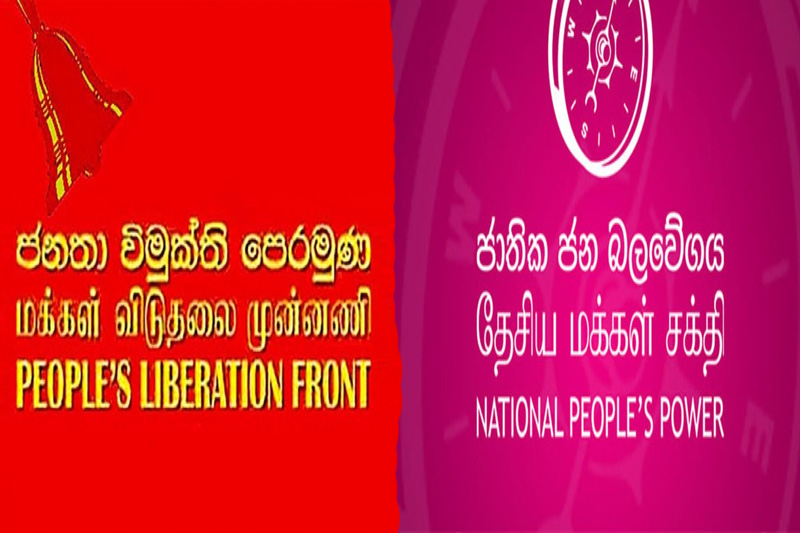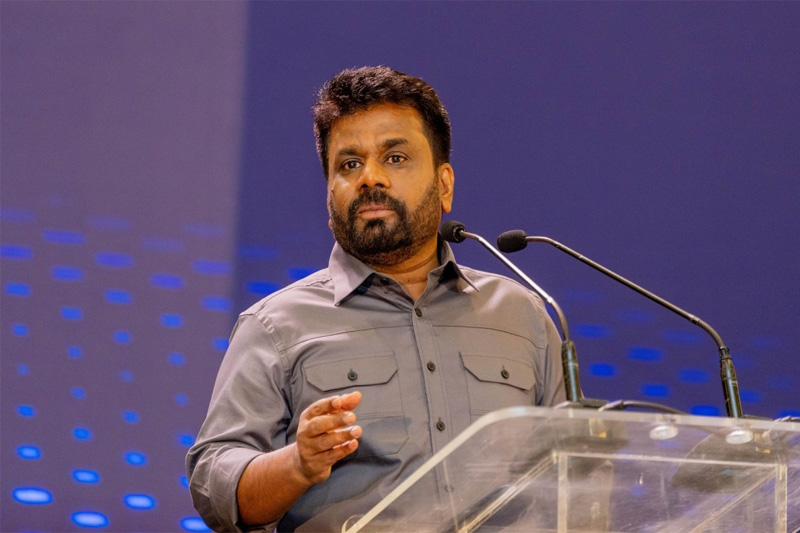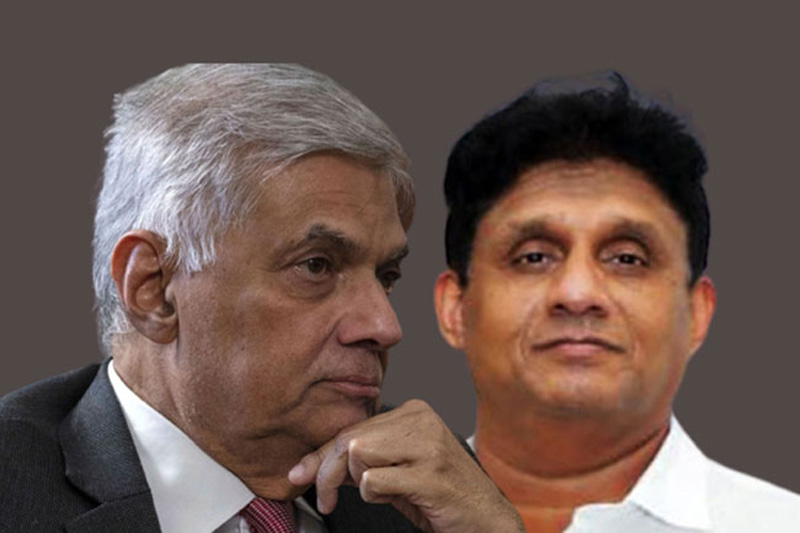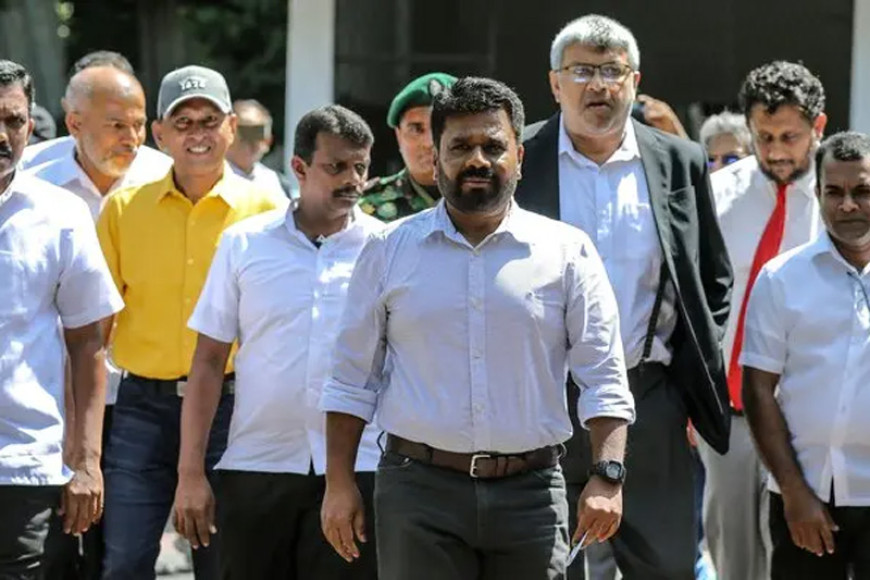By Rohana Jith
Sri Lanka's 2024 presidential election has ushered in a significant transformation in its political scene, as Anura Kumara Dissanayake claims a decisive victory.
This election is widely viewed as a clear repudiation of the longstanding political elite and reflects a strong call for reform, accountability, and a crackdown on corruption.
Dissanayake's win not only brings hope to the underprivileged and middle class but also underscores the growing maturity of Sri Lanka’s democratic system.
The future electoral landscape will depend on candidate selection and various factors reflecting constituency-specific voter concerns. An initial estimate of parliamentary seat distribution based on the recent election results suggests: NPP (105 seats), SJB (78 seats), and Wickremesinghe’s faction (37 seats). Yet, the complexity of political dynamics means that many variables could influence the final outcomes and seat allocations for each party.
Voters who earlier backed other candidates and the usual smaller number from the Janatha Vimukthi Peramuna (JVP) contributed to the comfortable victory of National People’s Power (NPP) leader Anura Kumara Dissanayake at the September 21 presidential election.

He secured only 418,553 or just 3.16 per cent of the votes in the presidential election in 2019. This is from 15,992,006 registered voters. The phenomenal increase to 5,634,915 or 42.37% from among 17,140,354 voters was not widely expected. He polled a further 105,264 as preference votes bringing the total to 5,740,179.
This was even considered not possible by other main contenders. Dissanayake secured 15 electoral districts that were won by former President Gotabaya Rajapaksa in the previous presidential election in 2019. They are the districts of Colombo, Gampaha, Kalutara, Mahanuwara (Kandy), Matale, Galle, Matara, Hambantota, Kurunegala, Puttalam, Anuradhapura, Polonnaruwa, Moneragala, Ratnapura, and Kegalle.
The outcome was by no means a shock or surprise that came out of the blues. To the discerning in the country’s political firmament, the signs were clear. The JVP-led NPP has been gearing itself in practically all parts of the country for months. The Northern and Eastern Provinces were perhaps the only exception. There, the party went through the campaign rituals. Other front runners and “also-rans” had been holding rallies there too.
Dissanayake’s victory resonates particularly with the lower and middle-income populations, who have suffered from economic mismanagement, soaring inflation, and increasing inequality. His economic agenda focuses on bridging the gap between the affluent and disadvantaged, while reinstating fiscal discipline within government bodies.
His policies target corruption, which has historically siphoned public funds, and prioritize investments in essential sectors like healthcare and education. Dissanayake has stressed the necessity of responsibly addressing the country’s debt crisis to avoid overreliance on foreign aid or loans that could undermine Sri Lanka’s financial autonomy.
His commitment to controlling inflation, managing the cost of living, and ensuring tax reforms favor the broader populace rather than a select elite has garnered robust support from working-class citizens, who have felt marginalized by previous governments' free-market policies.
A defining feature of Dissanayake’s appeal is his unwavering opposition to corruption and the entrenched kleptocracy that has plagued Sri Lankan politics for years. Past administrations have often been marred by nepotism and cronyism, neglecting to tackle pressing economic and social issues while enriching themselves.

His promise of transparency, accountability, and an efficient government resonated deeply with citizens weary of the political elite's wealth accumulation at their expense. This is why the poor and middle classes turned out in large numbers to support him—they perceived him as a leader who genuinely understood their struggles and was dedicated to eradicating corruption.
In the final weeks of the campaign, it became clear that the National Peoples Power (NPP) and the Samagi Jana Balavegaya (SJB) were leading contenders.
The NPP secured 5,834,915 votes (42.31%), while the SJB garnered 4,363,035 votes (32.76%). While the NPP found its support primarily in predominantly Sinhala regions, the SJB performed well in areas with diverse communities and among minority populations. However, attributing this voting pattern solely to community polarization oversimplifies the situation.
Although the NPP did not receive significant support in the North and East, it still secured notable votes in districts such as Nuwara Eliya (105,057 votes) and Batticaloa (38,832 votes). Their weakest performance was in Jaffna and Wanni, likely due to a lack of familiarity among Northern and Eastern voters with both Dissanayake and the NPP, compounded by inadequate media outreach.
Conversely, Sajith Premadasa dominated districts in the North and East, while Ranil Wickremesinghe also performed better than expected in the South. Their established presence in these regions likely contributed to their success, with Premadasa’s previous stance against controversial policies during the COVID pandemic appealing to voters.

Wickremesinghe's campaign, centered on his efforts to stabilize the economy, yielded disappointing results due to the United National Party's (UNP) weakened political network. His reliance on the Sri Lanka Podujana Peramuna (SLPP) to communicate his message backfired, as many SLPP members had previously made negative comments about him, impacting his overall support.
With Parliament dissolved, the country is now preparing for another election in November, prompting discussions about potential alliances, particularly between the UNP and the SJB. Advocates for this merger argue that it could consolidate votes exceeding those garnered by the NPP. However, the SJB remains skeptical, aware that an alliance would carry the UNP's association with the SLPP, which may not resonate positively with voters.
Sri Lanka’s 2024 presidential election has marked a historic shift in the political landscape with Anura Kumara Dissanayake securing a decisive victory. The election is seen as a resounding rejection of the established political elites who have long dominated Sri Lankan politics and a clear demand for reform, transparency and an end to corruption. This victory not only signals hope for the poor and middle class but also reaffirms the maturity of Sri Lanka’s democracy.



